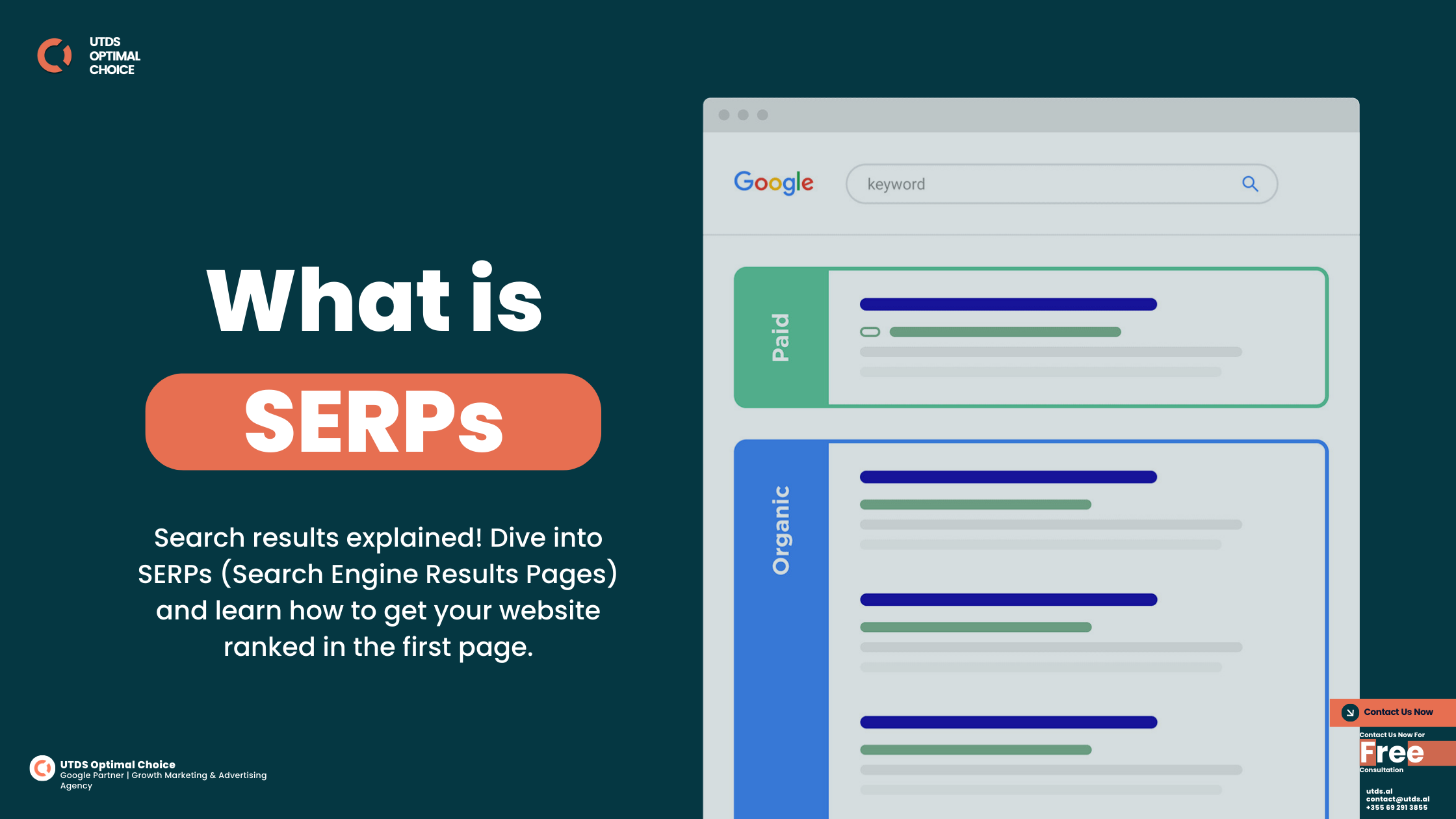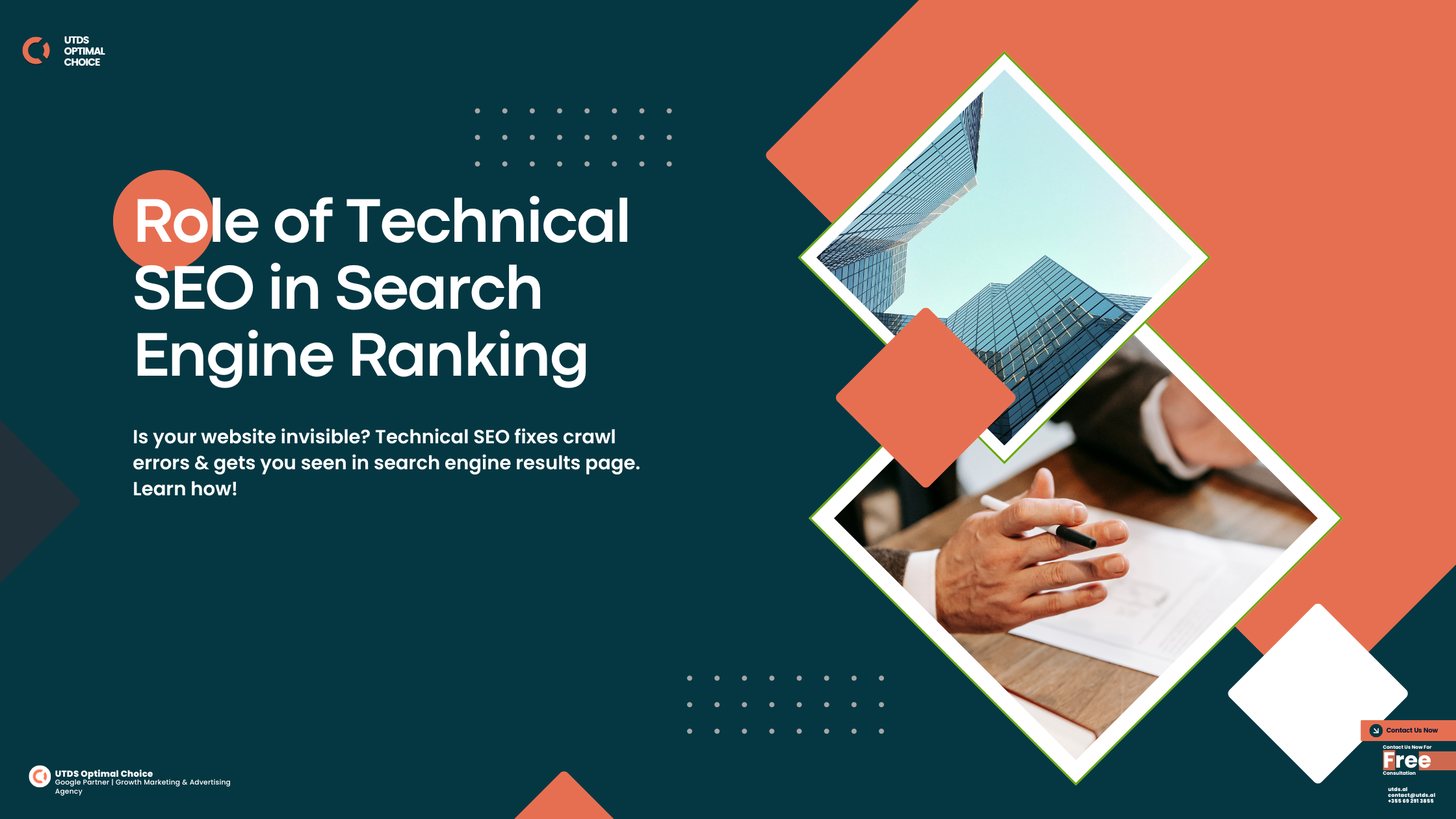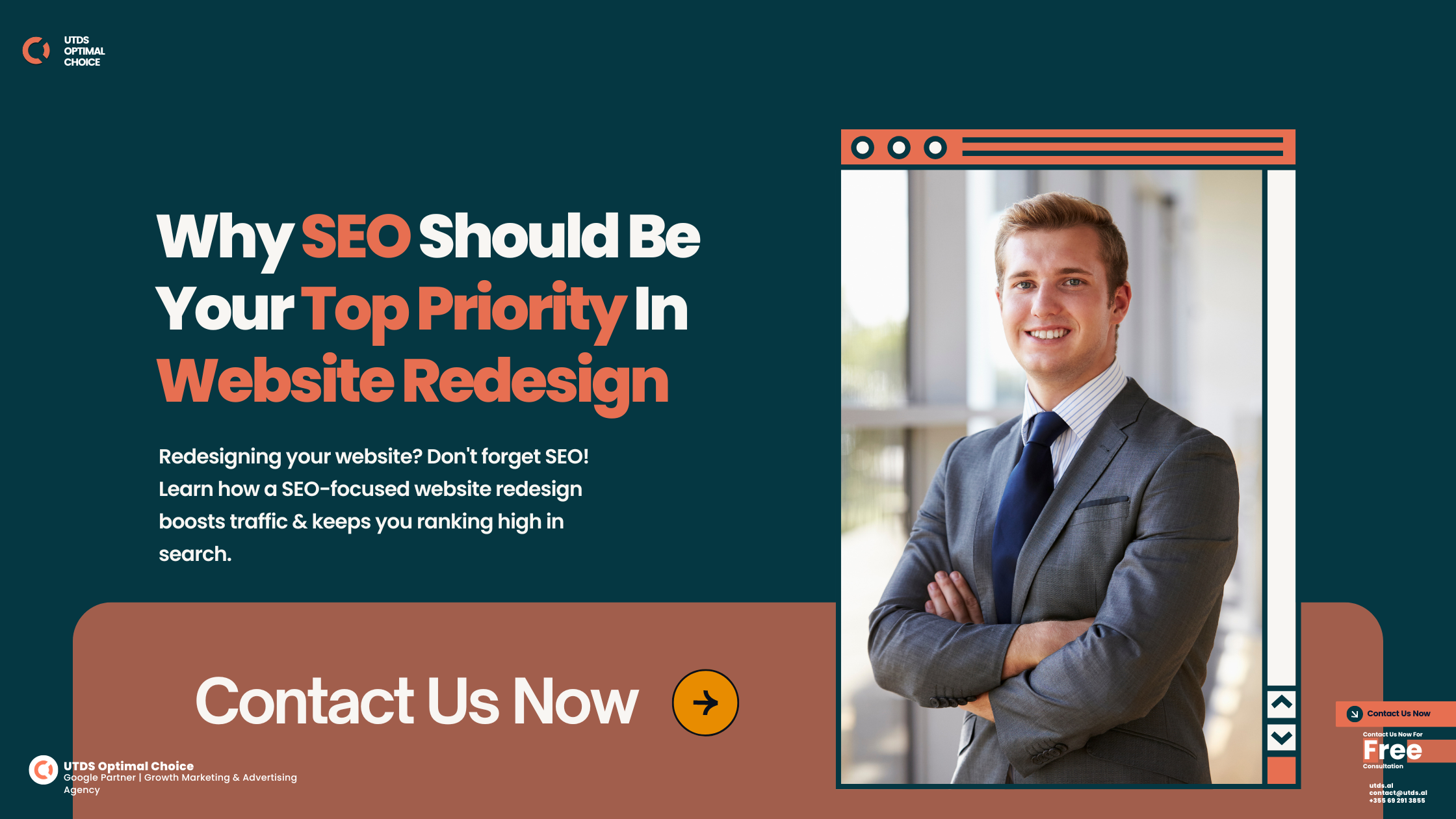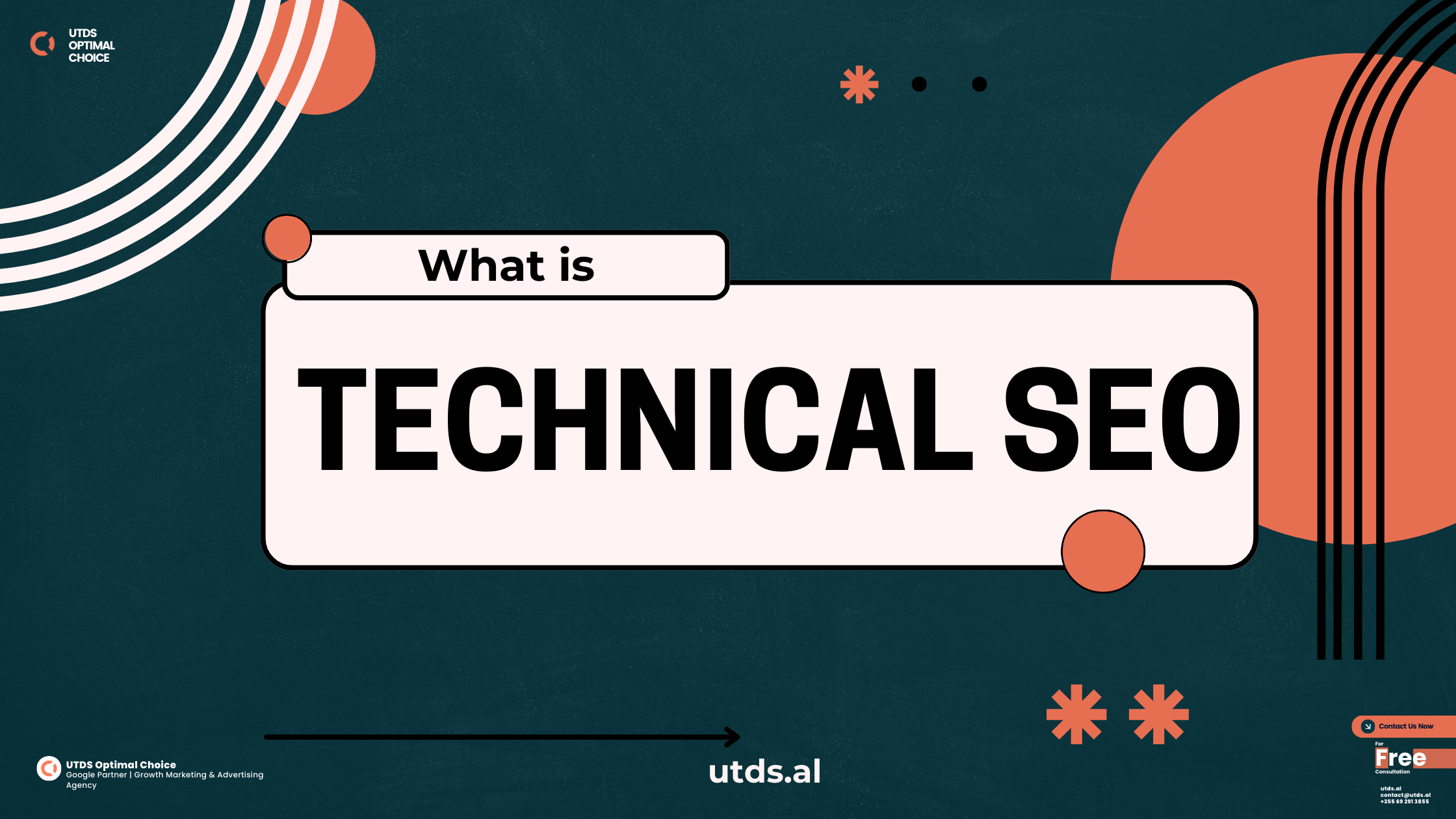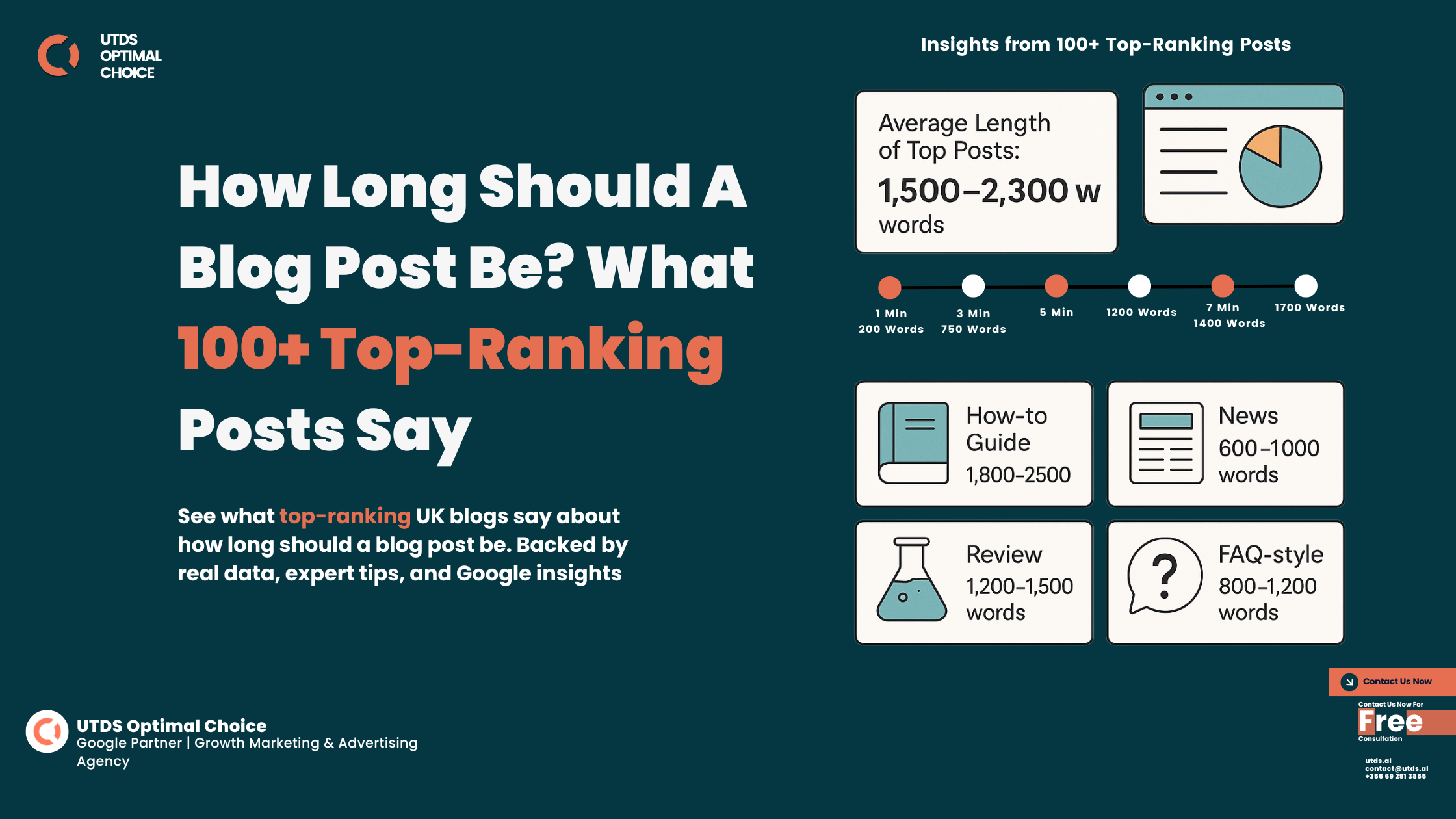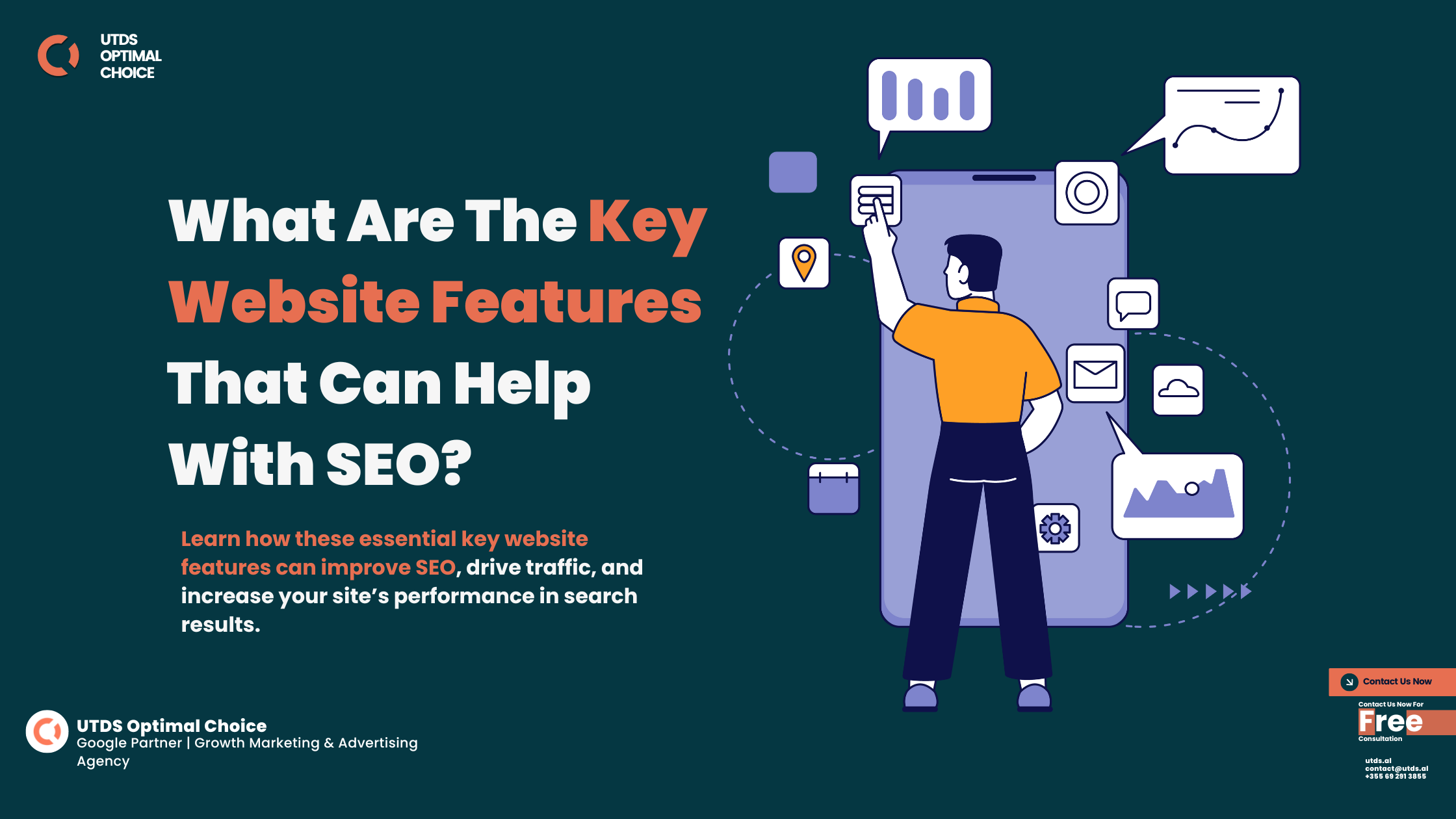Website loading speed is crucial not only for SEO rankings but also for ensuring a smooth user experience. If your site takes more than a few seconds to load, you could be losing potential customers before they even get a chance to see your content. In this guide, we will look into why website loading speed matters, how it affects SEO and user experience, and what you can do to improve it.
Want to improve your websites performance and rankings? Contact us today, we are one of the top website design and development companies with expertise in technical SEO, on page SEO, and PPC. Let us help you optimise your site for better speed and success.
How Website Loading Speed Impacts SEO And User Experience
Why Website Loading Speed Matters for SEO
Search engines like Google and Bing prioritise user experience, and website speed is a major ranking factor. Slow-loading websites often struggle to rank highly in search engine result pages (SERPs) because they lead to higher bounce rates.
In 2021, Google introduced the Page Experience update, which includes Core Web Vitals—focusing heavily on metrics like page load speed, interactivity, and visual stability.
Akamai Studies show that even a 100 Milli second delay in page load time can result in a 7% loss in conversions. Search engines interpret this as a poor user experience, which leads to lower rankings. So, improving your Website Loading Speed is not just about ranking higher, it’s about providing a seamless experience that keeps visitors on your site longer.
Impact of Website Loading Speed on User Experience
Visitors expect websites to load quickly. When a site is slow, users are more likely to abandon it. According to Browserstack research, nearly 40% of people will leave a site that takes longer than three seconds to load. Fast load times improve the user’s interaction with your website, reducing bounce rates and increasing the likelihood that they’ll engage with your content or make a purchase.
For example, Forbes reported that Amazon found every 100 milliseconds of latency cost them 1% in sales. The faster your site loads, the better the User Experience, which directly impacts your SEO rankings, since Google tracks metrics like time on site and bounce rate.
How Lazy Loading Helps Improve Website Performance
One of the most effective ways to improve your website’s speed is by using Lazy Loading. Lazy loading is a technique that delays the loading of non-essential elements, such as images or videos, until they are needed. This not only speeds up the initial load time but also reduces the amount of data that needs to be loaded at once, especially beneficial for mobile users.
By implementing lazy loading, you ensure that your page’s main content loads quickly, while images and videos appear as users scroll down. This improves both Website Speed and User Experience, ultimately helping your SEO performance. Many websites have seen noticeable improvements in engagement metrics after implementing lazy loading.
Technical Solutions to Improve Website Loading Speed
Improving Website Speed is easier than you might think. Here are a few technical solutions that can significantly enhance your site’s performance:
- Optimise Images: Compress images without sacrificing quality using tools like TinyPNG or Squoosh.
- Use a Content Delivery Network (CDN): CDNs distribute your site’s content across multiple servers globally, ensuring faster load times for users, no matter their location.
- Minimise HTTP Requests: Reduce the number of elements on your page (like scripts, images, and CSS) to speed up load times.
- Enable Browser Caching: Save time by allowing visitors to store parts of your website for faster access on repeat visits.
- Reduce Server Response Time: Work with a reliable hosting provider that offers faster server speeds.
By implementing these strategies, you can drastically improve your Load Speed and SEO rankings, while offering users a smoother experience on your website.
Cost vs. Long-Term Value of Improving Website Speed
Many business owners worry about the cost of improving their website speed. However, the benefits far outweigh the costs in the long run. Not only will your site rank higher in search engines, but it will also convert more visitors into customers. A faster website reduces bounce rates and keeps users engaged longer, which leads to higher conversions and revenue.
According to Google’s research, every second delay in mobile page loading speed, conversions will drop by up to 20%. Investing in speed optimisation is not just a short-term fix; it’s a long-term strategy for ensuring your website’s success.
How Can We Help You To Improve Your Website Loading Speed
Website loading speed is more than a technical detail, it’s a crucial element of your overall SEO strategy and the user experience your visitors expect. A fast, optimised website results in higher search rankings, better user engagement, and increased conversions.
At UTDS Optimal Choice, we are one of the top website design and development companies with deep expertise in technical SEO, on page SEO, and PPC. Our tailored approach ensures your site not only loads quickly but also performs at its best in search rankings, providing a seamless user experience that drives real results.
Don’t let a slow website impact your business. Contact us today to optimise your website speed, grow your SEO rankings, and boost user conversions.
FAQ: Answering User Concerns
How does website loading speed affect SEO?
Website loading speed directly impacts your SEO rankings because search engines prioritise fast, user-friendly sites. Slow sites lead to higher bounce rates, which can push your ranking down.
What is the ideal website loading speed?
The ideal website loading speed is under 2 seconds. Google recommends aiming for a load time of less than 3 seconds, but faster is always better.
What tools can I use to test my website speed?
Tools like Google PageSpeed Insights, Lighthouse, and GTmetrix provide detailed insights into your website’s performance and suggest improvements for better load speeds.
What is lazy loading, and how can it help my website?
Lazy loading defers the loading of non-essential images or videos until they are needed, speeding up your website’s initial load time and improving the overall user experience.
What is the cost of improving website speed?
Costs can vary depending on the changes required. Simple fixes like image optimisation are inexpensive, while more technical improvements may involve a higher upfront investment. However, the long-term gains in traffic, conversions, and SEO performance are well worth it.

